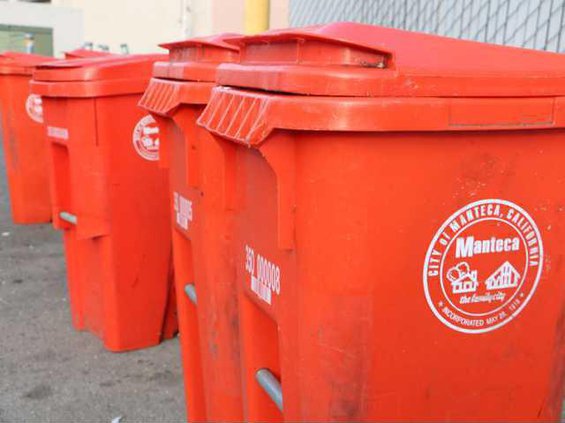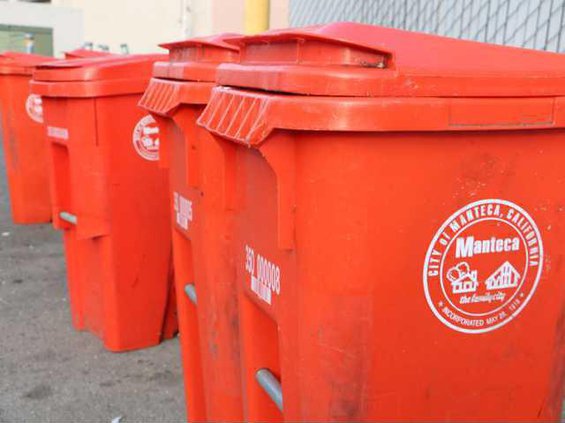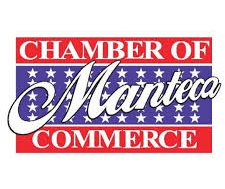Food scraps won’t all be going to waste for much longer in Manteca.
The city is working toward full implementation of a state mandate to avoid burying food scraps in landfills. It is part of a state law that went into effect on Jan. 1 to divert 20 percent of what Californians throw away — food waste — to be diverted from landfills and recycled for other uses.
And while Manteca is significantly ahead of other jurisdictions in the Northern San Joaquin Valley when it comes to recycling commercial food waste from schools, restaurants, supermarkets, hospitals and similar venues the city is still gearing up for residential food waste recycling.
“We want to roll it out slowly as it makes sense to do it right,” noted Peni Basalusalu who oversees the city’s solid waste division.
As like with many other things, Manteca’s effort has been slowed down by issues with the supply chain. The pandemic has delayed the manufacture and delivery of a turbo food separator the city ordered to sort through truckloads of collected residential garbage.
The city is also making sure the firm that takes Manteca’s green waste — lawn clippings, tree branches, and garden waste — can handle additional food waste in their composting operations.
Basalusalu indicated due to the pandemic and its impacts the state is allowing cities more time to ease into adding food scraps to green carts.
That said Basalusalu indicated those who have already been adding food waste to green carts for months or years to continue to do so. The city wants to ease into switching everyone over so contamination doesn’t become an issue and undermine the end goal of recycling.
Contamination, as an example, is a major problem with blue cart recycling. The city’s last audit showed a 60 percent contamination rate from items that are basically garbage being placed in blue carts.
When contamination is too prevalent in a truckload collection of recyclables they have to be landfilled.
Education as to what constitutes food waste that can be placed in green carts will occur in the coming months.
The state law mandates giving that “education” real teeth by requiring periodic inspections of carts that — after repeat offenses — will result in fines.
Senate Bill 1383 requires the state by 2025 to reduce organic waste — food waste, green waste, paper products and such — heading to landfills by 75 percent. That is an annual reduction of 20 million tons.
To get there the state is requiring an increase of edible food recovery — food not sold or used in stores and restaurants — to 20 percent by 2025.
Manteca is one of only a few cities in California that combines commercial food waste with methane gas — the byproduct of treating wastewater — to create compressed liquefied gas. The gas created fuels a number of solid waste trucks, Eventually the entire fleet as existing trucks reach the end of their useful life will be powered by fuel created from Manteca food waste and methane gas from the wastewater treatment plant.
To contact Dennis Wyatt, email dwyatt@mantecabulletin.com






